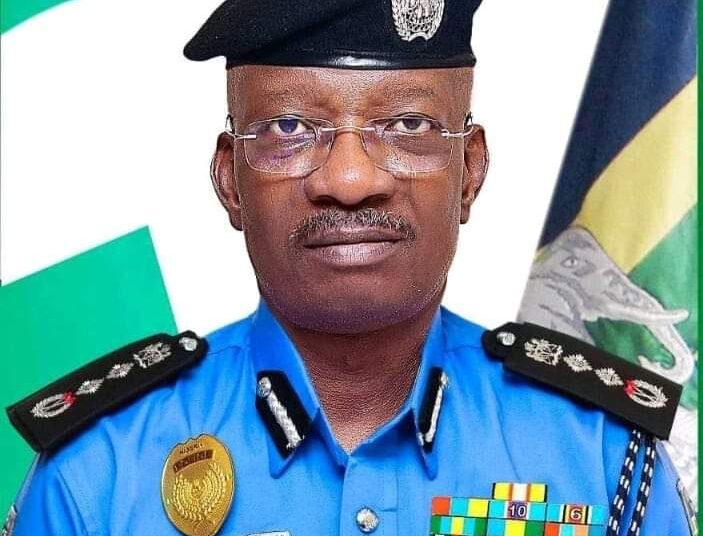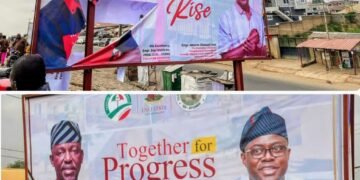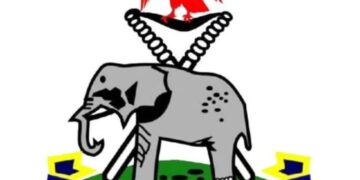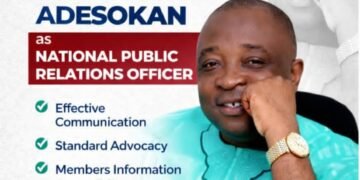A civic group, Majeobaje Community Development Initiative, has called on the Inspector-General of Police (IGP) to lift the ongoing ban on the issuance and renewal of firearms licences for local hunters across Nigeria.
In a strongly-worded communique issued after a general meeting held on April 6, 2025, the group warned that the ban has endangered the lives of local hunters who play critical roles in community security and the fight against terrorism.
“The Inspector-General of Police continues to sustain the ban on the issuing or renewing of firearms licences for the dane guns and shotguns that hunters use countrywide, thereby robbing them of their dignity and means of livelihood,” the group said.
Majeobaje, a non-governmental coalition of professionals, academics and business leaders advocating for economic and social development in the former Western Region, noted that terrorists dislodged from Northern Nigeria and neighboring countries like Chad and Mali are increasingly infiltrating the forests and rural communities of the South-West.
The group cited the inability of the police to adequately protect these communities, owing to inadequate manpower, equipment, and training. It also criticized the poor prosecution of criminal cases involving herdsmen in the region, which it said fuels public distrust and occasional mob violence.
While praising the efforts of South-West governors in launching outfits like Amotekun and Forest Guards, Majeobaje called for greater professionalism and inter-state cooperation among security operatives. It also called on the Nigerian Military to increase its presence in the region.
The communique cited prominent voices like Lt-Gen. T.Y. Danjuma and DSS Director-General Dr. Tosin Ajayi, who have advocated the formal inclusion of hunters and vigilante groups in the nation’s security framework.
“Not lifting the ban will reinforce the fast-growing perception that a section of the country is behind the ban for ethnic reasons,” the group added.
As part of its resolutions, Majeobaje said it would engage with the IGP and elected officials to advocate for lifting the ban, while also working with communities and security agencies to promote lawful and non-violent responses to insecurity.













